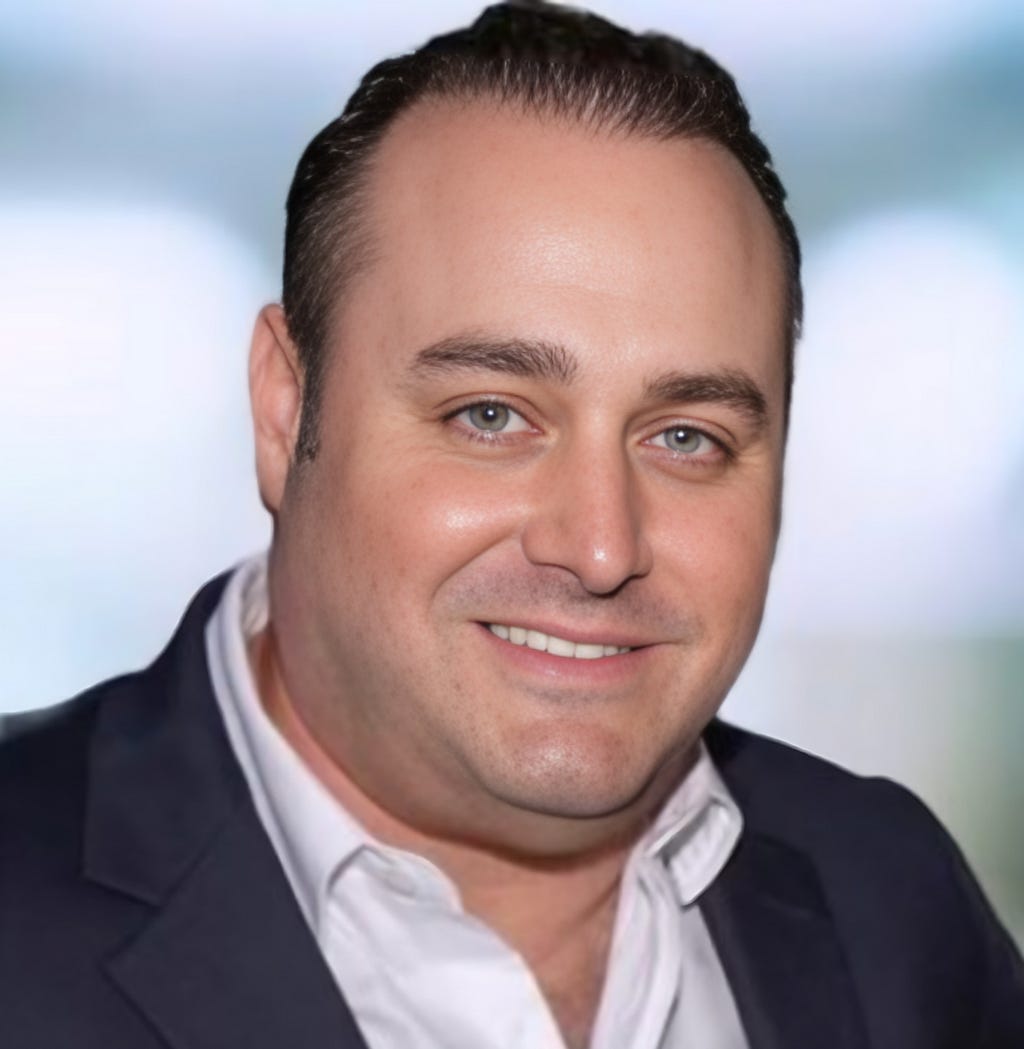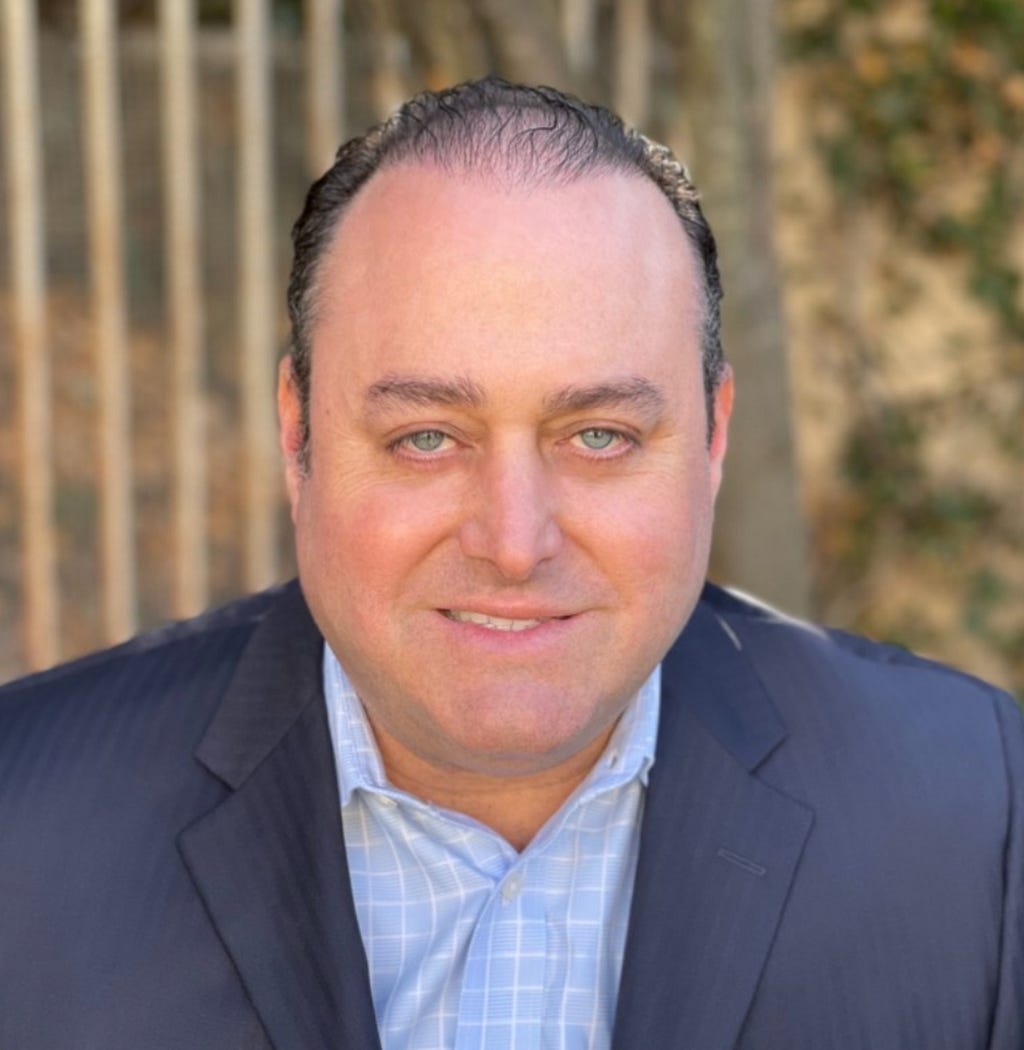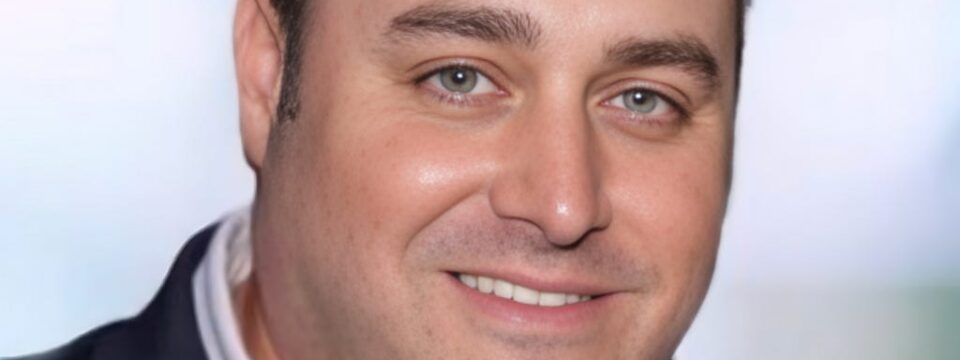
Surrounding yourself with experts in their respective fields is vital. I learned that having a team of passionate and knowledgeable individuals from multiple disciplines not only accelerates problem-solving but also drives innovation.
As part of my series about “individuals and organizations making an important social impact”, I had the pleasure of interviewing Brian D. Gordon.
Brian is an accomplished and technologically savvy C-level Executive that successfully leads operations, finance, legal, IT, HR and other sales and administrative functions for various organizations including start-ups, multi-national VC and private equity backed companies and large public corporations (including IBM and Merck & Co., Inc.) in pharma, technology (hardware and software) and consumer products. A well respected JD/MBA strategic thinker and problem solver, who thrives in both dynamic and fluid environments focused on top line growth and bottom line savings. Maintains good intuition, an entrepreneurial spirit, solid analytical skills, and a proven track record of achieving billions of dollars in value creation through successful M&A, turnarounds, joint ventures, leasing, licensing and capital raising transactions.
Thank you so much for joining us in this interview series! Can you tell us a story about what brought you to this specific career path?
I’ve read extensive information regarding the presence of plastic islands in the seas. As a father of 3, it’s a very alarming fact that we ingest the equivalent of a credit card’s worth of plastic each week. This issue seems to be pervasive, spanning all across the world. Realizing the severity of this problem, I decided to take action and actively contribute to the solution.
I collaborated with a team to develop a renewable and sustainable, biobased material that is curbside recyclable and landfill biodegradable. Our primary objectives were twofold: first, to ensure that this solution could seamlessly integrate into existing manufacturing processes, and second, to make sure it was economically viable, thus serving as a genuine replacement for traditional plastic.
Can you share the most interesting story that happened to you since you began leading your company or organization?
Multinational brands have shown remarkable receptiveness to our product. However, they often express skepticism, stating that they have already explored numerous alternatives without success. Despite their reservations, they agree to test our product, fully expecting it to fail. Surprisingly, it exceeds their expectations.
During discussions with CEOs of major plastic companies, both in the single-use plastics and durable goods sectors, we noticed a common theme: a lack of belief in a biobased, biodegradable solution that could meet their specific needs. These industry leaders have experimented with countless products in their quest for a solution, which has remained elusive. Yet, when they finally tested our product, it proved effective.
Rather than presenting them with a ready-made polymer, we take a different approach. We ask for their specifications regarding physical and mechanical properties, and we tailor our solution to meet their requirements, all while ensuring compatibility with their existing equipment. This approach left them astonished when they witnessed the successful results.
It has been said that our mistakes can be our greatest teachers. Can you share a story about the funniest mistake you made when you were first starting? Can you tell us what lesson you learned from that?
Before implementing our ISO protocols and establishing a Quality Assurance department, we mistakenly blended the incorrect formula for a customer. Instead of delivering a product ready for immediate use, we ended up creating a mess. This experience taught us the importance of expanding our team and instilling discipline within our organization, a discipline we maintain to this day.
Can you describe how you or your organization is making a significant social impact?
We are dedicated to creating renewable and sustainable products as a response to the well-known detrimental impact of traditional plastics on the environment, human health, and the world as a whole. Our primary objectives are to promote reusability of our products and, if reuse is not possible, to ensure that they are curbside recyclable, thus enabling them to be transformed into new products. Even if our products do end up in landfills, like approximately 85% of plastics in the USA, they will biodegrade in a few years rather than centuries or millennia. As a result, we are also significantly reducing the carbon footprint associated with our products.
Can you tell us a story about a particular individual who was impacted or helped by your cause?
While there isn’t a single specific individual benefiting directly from our mission, the truth is that everyone stands to gain from our product. We are not only producing items that contribute to a healthier environment today in developed countries, but are also actively developing products with immense importance for the third world. For instance, we are developing PolyEarthylene coatings for paper, enabling the production of single-use detergents that are often discarded haphazardly in these regions to degrade. In the third world, these single-use products are commonly sold and end up strewn everywhere. Our products our shelf stable, but when exposed to a microbe-rich environment, they naturally biodegrade, offering a small yet meaningful step toward a cleaner and more sustainable world.
How do you define “Leadership”? Can you explain what you mean or give an example?
Effective leaders hire great people and inspire and guide them towards success. A leader who sets the bar high in terms of work ethic, integrity, and dedication and leads by example, motivates their team to follow suit.
Leaders must be able to clearly articulate their vision and objectives, challenge and inspire their people and allow them to make and learn from their mistakes as a steppingstone to success. As former U.S. President John F. Kennedy once said, “Leadership and learning are indispensable to each other.”

What are your “5 things I wish someone told me when I first started” and why. Please share a story or example for each.
I wish I had known that while it’s relatively easy to create a bioplastic, developing one that’s landfill biodegradable and capable of being dropped into current plastic conversion machinery is exceptionally challenging.
Understanding the time and technical intricacies involved in creating sustainable products is crucial. It took us from 2020 to 2023 to achieve our first commercial sale, primarily due to the rigorous testing and refinement required. We had to fine-tune our manufacturing processes to ensure that our resins are drop in ready.
Surrounding yourself with experts in their respective fields is vital. I learned that having a team of passionate and knowledgeable individuals from multiple disciplines not only accelerates problem-solving but also drives innovation.
Having partners who share your commitment to quality and sustainability makes a world of difference. Everyone must be willing to lend a hand in production, in logistics and even in facility maintenance. It is all about have respect for your colleagues and pride in what you do.
A valuable lesson I’ve learned is the importance of adaptability and continuous learning. In this ever-evolving landscape, being open to change and constantly seeking new knowledge is crucial.
You are a person of enormous influence. If you could inspire a movement that would bring the most amount of good to the most amount of people, what would that be? You never know what your idea can trigger. 🙂
If I could inspire a movement, it would undoubtedly revolve around championing a circular economy — a call to action for individuals, businesses, and governments worldwide to prioritize sustainability, resource efficiency, and responsible consumption.
At its core, it would encourage the design, production, and consumption of products with a focus on longevity, repairability, and recyclability. It would advocate for the reduction of waste, the repurposing of materials, and the creation of closed-loop systems where nothing goes to waste.
Addressing multiple global challenges simultaneously, from environmental degradation and resource scarcity to climate change and social inequality, it would enable people to make eco-conscious choices in their daily lives, inspire innovative product design, and push policymakers to implement supportive regulations.
Ultimately, this movement would bring the most good to the most people by creating a sustainable and regenerative world that benefits both current and future generations.
Is there a person in the world, or in the US with whom you would like to have a private breakfast or lunch with, and why? He or she might just see this, especially if we tag them. 🙂
I’d choose Chuck Feeney, the philanthropic legend known for his “giving while living” philosophy. His humility and impact on the world of philanthropy have always intrigued me. I’d love to hear firsthand about his journey in discreetly donating his fortune, his views on effective giving, and the incredible stories behind his philanthropic endeavors.
How can our readers further follow your work online?
Through our website www.verdebioresins.com.
This was very meaningful, thank you so much. We wish you only continued success in your great work!
Social Impact Heroes: Why & How Brian D Gordon of Verde Bioresins Is Helping To Change Our World was originally published in Authority Magazine on Medium, where people are continuing the conversation by highlighting and responding to this story.
